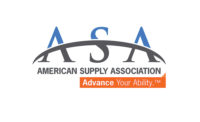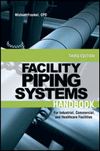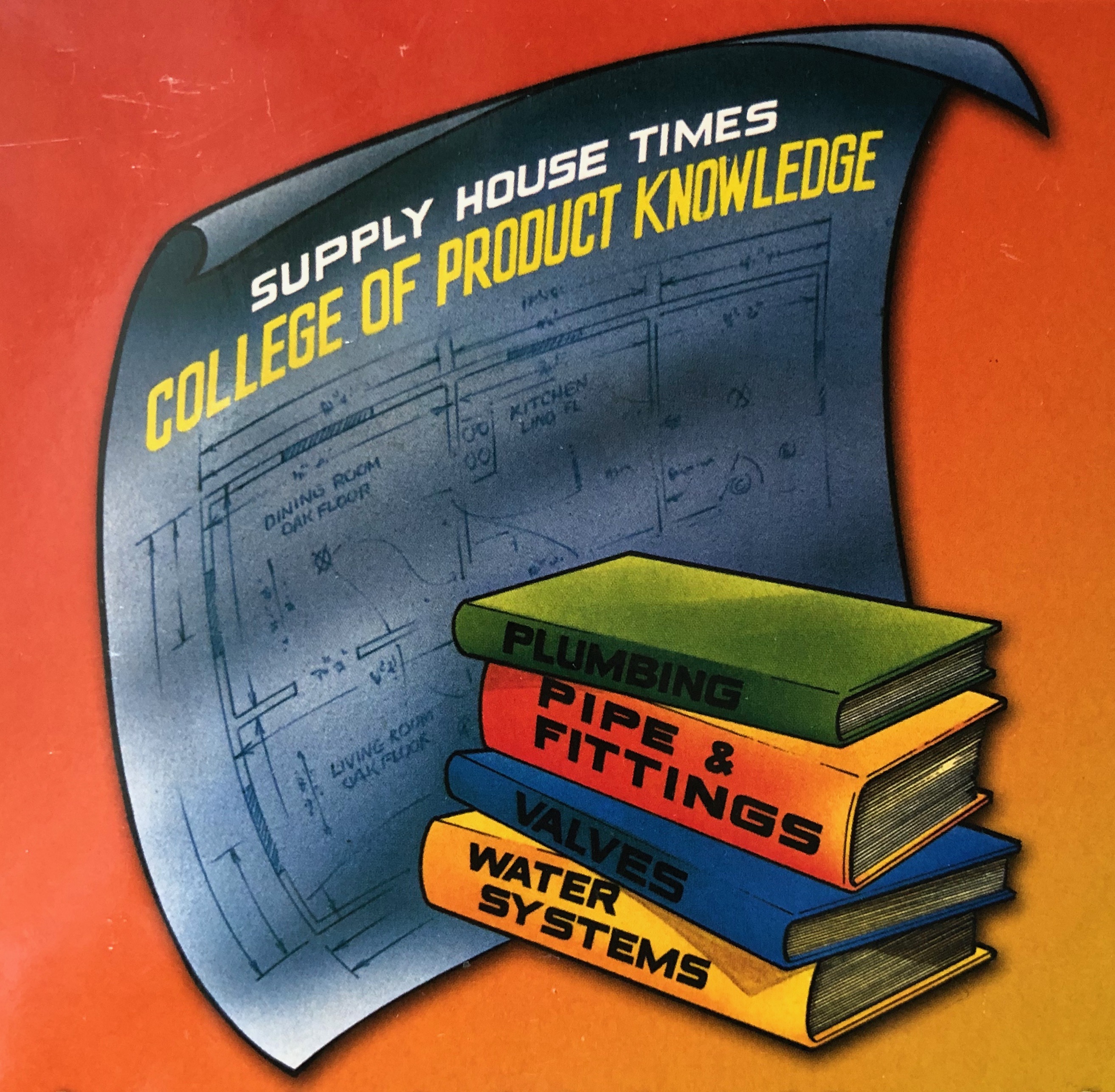As of press time amid the COVID-19 pandemic, Nearly 2,000 employees of American Supply Association member companies had visited a special ASA Take Action page on the ASA website and sent nearly 7,800 emails to President Trump, their U.S. senators and local congressmen in support of declaring the PHCP-PVF industry essential.
“As we face mounting challenges across the country during the COVID-19 pandemic, government response has been starkly different at the federal, state and local levels,” ASA CEO Mike Adelizzi noted during the late March timeframe of the pandemic. “We have been working on behalf of our ASA members (and with our coalition allies) to establish what it means to be an ‘essential business’ during this crisis. In many areas, it has been a patchwork of regulations that can vary by state, county and municipality.”
As a result, ASA took swift action to protect the PHCP & PVF channel during the pandemic and then quickly shifted focus to the state levels, encouraging local elected officials to include the industry on essential business lists.
“We asked that our members send a message to the White House, requesting a national standard for which industries qualify as ‘essential’ during this emergency,” ASA Director of Government Affairs Steve Rossi said. “Decision-makers at the federal level heard that the PHCP and PVF channel is crucial to our infrastructure, as well as the health and safety of citizens across the country, and have included our industry in the federal guidelines of essential businesses.”
ASA MEMBERS PART OF COVID-19 ECONOMIC IMPACT STUDY
A survey conducted by the American Supply Association and business intelligence partner Industry Insights in late March showed the COVID-19 (coronavirus) crisis already was having negative financial implications for ASA member businesses.
The survey not only included ASA member companies, but companies from 25 different trade associations that span manufacturing, distribution, retail and professional services organizations — representing a diverse set of industries. A total of 2,762 surveys were received regarding company COVID-19 impact and implementation strategies.
In late March, only 1.4% of ASA member respondents had an employee with a confirmed case of the coronavirus, while 9.6% of respondents had employees that had known contact with a confirmed case of the virus. Those figures trended slightly higher than the 1% (employee with virus) and 7% (contact with confirmed case) numbers from the overall 25-association survey.
When asked at the time of the survey if their company already had experienced a direct financial impact from the crisis, 45.3% of ASA member respondents said they have endured a negative financial impact (51.7% in the overall survey) with 66.7% of ASA member manufacturer survey respondents and 44.9% of ASA distributor member respondents noting they have seen a negative financial impact.
In terms of forward-thinking, ASA members were asked what level of impact they expected the virus will ultimately have on their company this year. In terms of revenue, 70.7% of ASA respondents said it will have a somewhat negative impact, while 24% said it will have a very negative impact. Within that 24% data point, it spiked to 41.7% for manufacturers that responded and lowered to 20.4% for ASA member distributor respondents in terms of revenue impact.
On the subject of workforce, 44% of ASA member survey respondents said they expected moderate staff reductions due to the crisis. ASA members were asked how long they anticipated the COVID-19 crisis will impact day-to-day operations. Along those lines, 34.7% said one to two months, while 30.7% said two to three months, and 20% responded in the three- to six-month range.
At the same time, 47.3% of ASA member respondents said they had mild concerns about the long-term viability of their companies due to the coronavirus, while 44.6% had no concerns.









